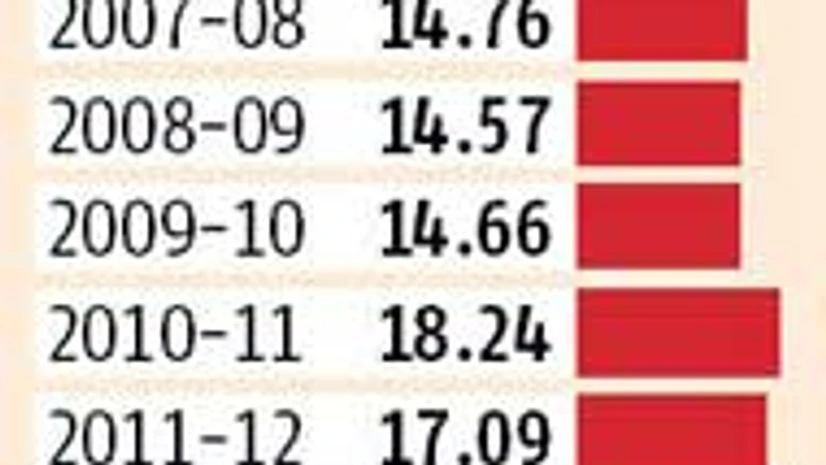Chana (chickpea) prices hit the lower circuit on the National Commodity & Derivatives Exchange (NCDEX) on hurried selling by traders following the central government’s decision on a stock limit for pulses held by big importers and retailers.

The Centre announced on Sunday that it would be imposing stock limits on importers and large retailers such as hypermarkets, including Big Bazaar, Kendriya Bhandar and Mother Dairy’s Safal. So, stockists and large retailers started offloading their holding into physical markets.
“It is a temporary phenomenon. India is facing a huge shortage of pulses due to lower production last year. The production estimate of kharif pulses this year is also lower. Hence, prices are bound to go up,” said Bimal Kothari, managing director, Pancham International and vice-chairman, India Pulses and Grains Association.
Following weak monsoon rain this season, the ministry of agriculture forecast a lower output of tur this kharif at 2.61 million tonnes in the first advance estimate, issued in September as compared to 2.78 mt the previous year and 3.17 mt in 2013-14.
Total output of pulses in the 2014-15 crop year (July–June) fell sharply to 17.2 mt from 19.25 mt in 2013-14. Consumption is set to increase by 0.5-0.75 mt, with pulses the prime source of nutrition for the average middle class. Import of pulses this year is expected to set a record, at over five mt.
Prices had begun rising last month, after the meteorological department issued a final forecast of nearly 15 per cent lower monsoon rain. Chana for delivery in November on NCDEX, therefore, jumped 20 per cent from Rs 4,414 a quintal on September 16. Retail prices of both tur and urad had jumped to Rs 180-190 a kg and Rs 140-150 a kg, respectively, in most metro cities. On Monday, however, wholesale prices of both had slumped at the Vashi market here.

“The average consumer’s spending on pulses is a negligible Rs 5 a day, lower than even a cup of tea. Why is the government running after pulses' farmers? Its action would prompt farmers to switch to alternative crops and multinational companies would take full advantage of pulses imports in the next few years if such government action continues,” said Himat Chandra, partner of Trimurthi International, a Vashi-based pulses wholesaler and retailer.
Importers have contracted for 2.5 mt over the next three months. Any attempt on stock limits would result in cancellation of orders and further squeeze in supply, warned Kothari.

)
